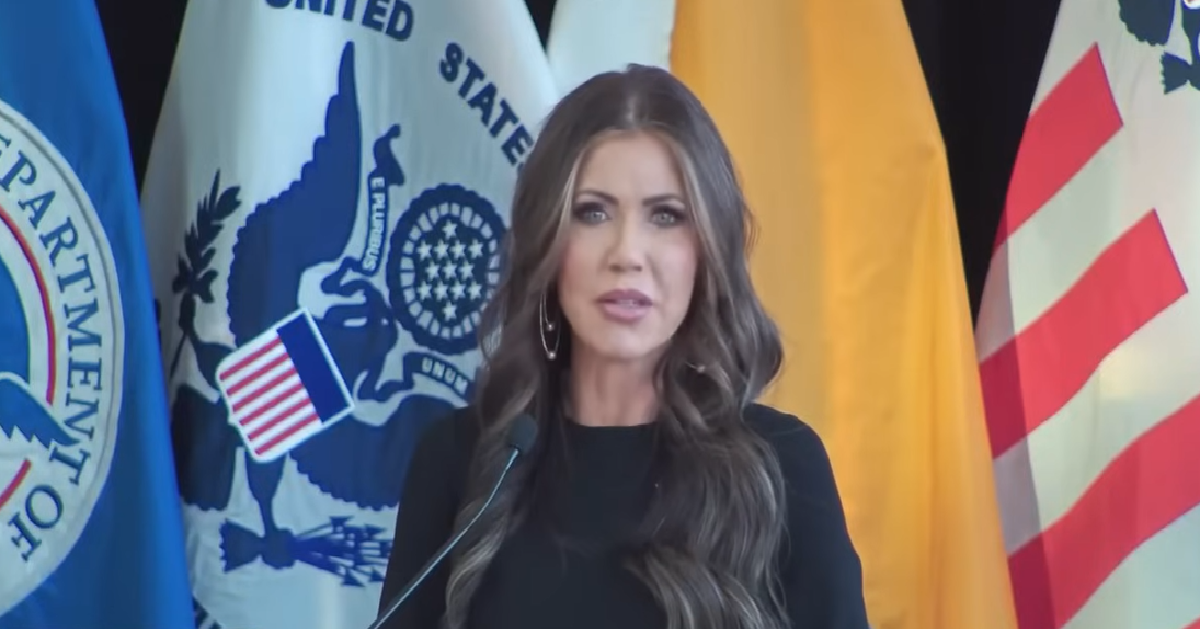Trump wants Congress to approve $9.4 billion in DOGE cuts
Doge has been slashing government expenditure for months, often without informing Congress, and the administration is now requesting a vote from lawmakers to extend some of the budget cuts indefinitely.
On Tuesday, the Office of Management and Budget under President Trump sent a $9.4 billion "rescission package" to Congress, with the intention of rescinding previously approved federal money, as Fox News reported.
As a taste of the changes, public broadcasting will lose approximately $1.1 billion, and foreign aid will lose $8.3 billion as a result of the deal.
What that means
Elon Musk, who was the de facto leader of DOGE until recently, has proposed $2 trillion in cuts to federal spending; that amount is less than half of one percent, and , these reductions are considered easy pickings.
It is possible that this will be one of many pieces of legislation introduced to Congress to formalize DOGE reductions.
"We look forward to working with the Congress to identify additional opportunities to put the Nation's fiscal house back in order," Office of Management and Budget Director Russell Vought wrote in a letter accompanying the request.
What's getting the axe
The administration wants Congress to eliminate $9.4 billion, including $1.07 billion for the Corporation for Public Broadcasting, which pays NPR and PBS for two years of financing.
About $6.3 billion of the $8.3 billion in foreign aid comes from USAID, which was shut down by DOGE in the early months of the administration.
That includes $2.5 billion for development, $1.65 billion for economic support, and $900 billion for global health.
The White House also wants Congress to cut $1.13 billion in funding for international organizations, including $800 billion for migration and refugee aid and $64 million for the Inter-American Foundation and African Development Foundation at the US Institute of Peace.
Time is of the essence
The Impoundment Control Act mandates the president to expend funds approved by Congress. This came about after President Richard Nixon refused to fund initiatives he opposed; the bill was passed in 1974.
Congress must approve cuts within 45 days of a successive session or spend the money. Lawmakers have until early September to complete the task at hand, otherwise, it will be dead, and the process would need to start again.
Rescission measures pass with a simple majority in the Senate, unlike other bills. Democrats, who will likely reject the bill, cannot block the cuts in question.
The last president attempted this and failed. The Senate rejected the Trump administration's 2018 request to cut $15 billion in government spending.






